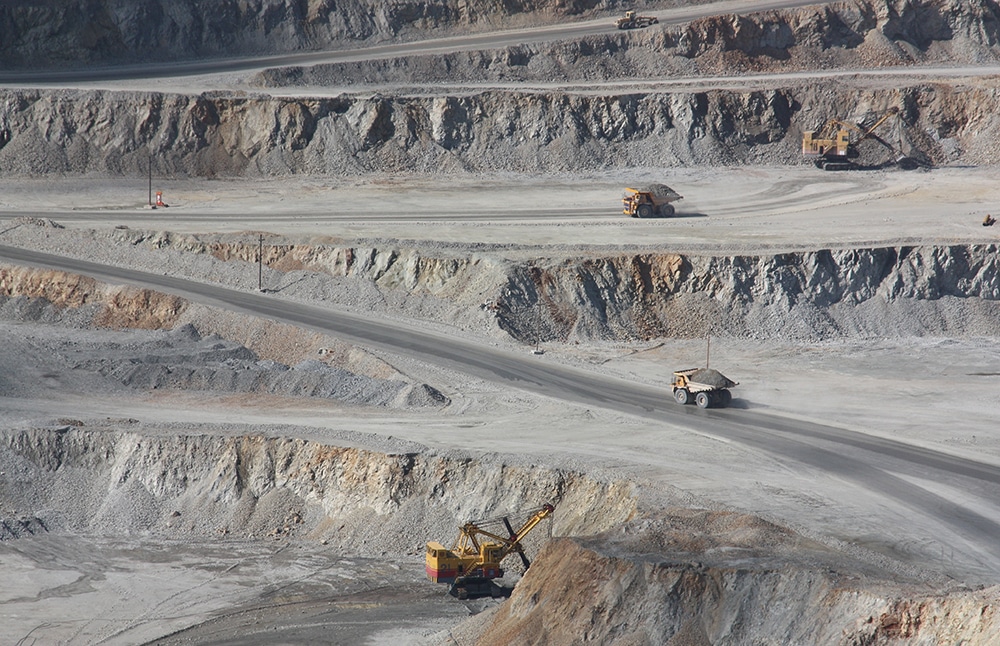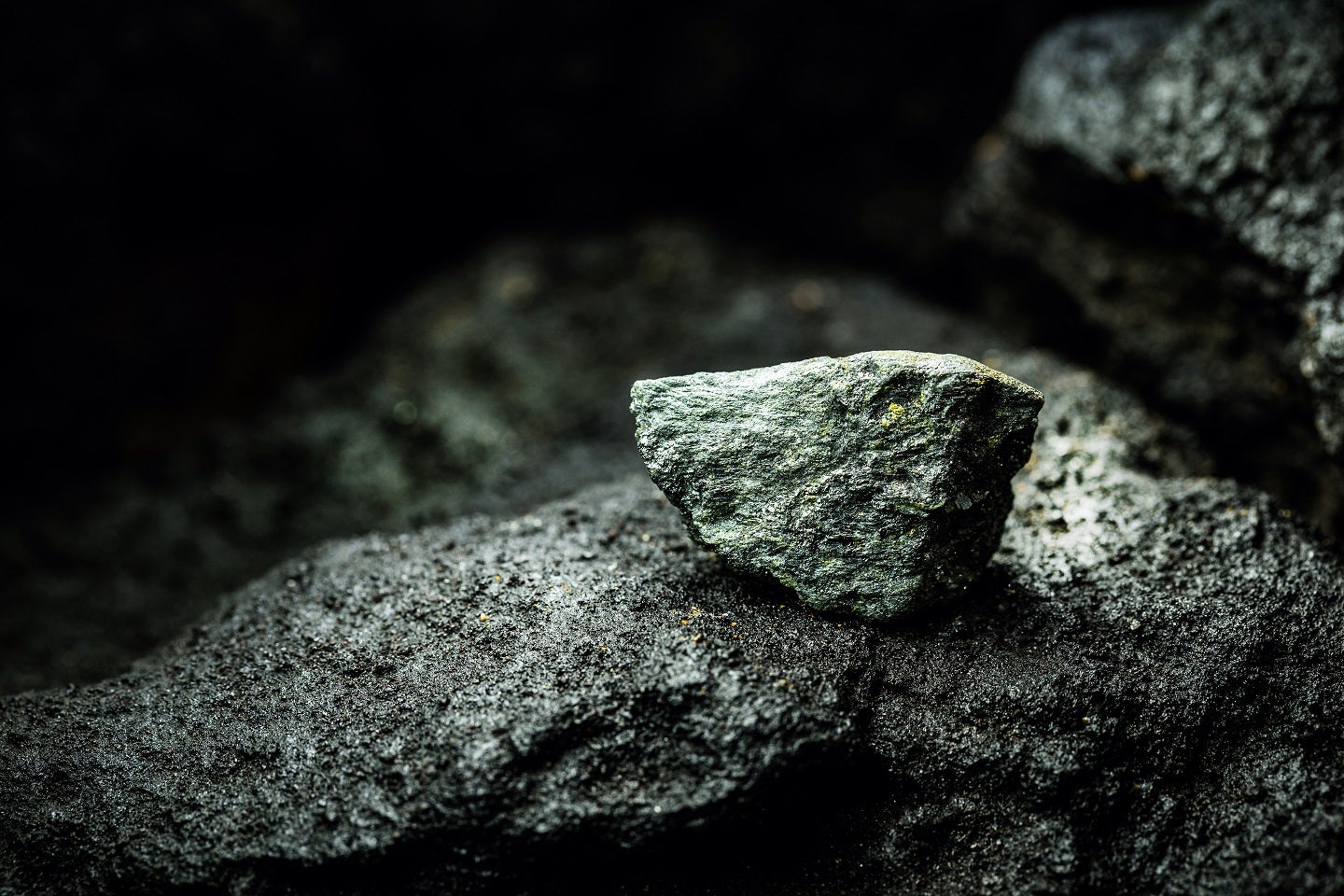Chinese geologists recently discovered two new minerals – oboniobite and scandio-fluoro-eckermannite – at Inner Mongolia’s Bayan Obo, the world’s largest rare earths mine. According to media reports, the discovery was a joint effort by the CAS Institute of Geology and Geophysics, Inner Mongolia Baotou Steel Union Co., Ltd., Baotou Research Institute of Rare Earths, and Central South University.
As announced by Li Xianhua from the CAS Institute of Geology and Geophysics, the International Mineralogical Association officially recognized the finds and duly approved the new names of the minerals.
What makes these minerals truly exceptional is not only their scarcity but also the presence of valuable elements that hold immense potential across multiple domains. Of particular significance are the scarce and strategically critical metals, niobium and scandium, embedded within these minerals. Eperts say the applications are far reaching, from new materials and energy technologies to information technology, aerospace, and defense.
Unlock metal industry secrets – get the latest news and trends in the metal and rare earths industry to stay ahead of your competition with MetalMiner’s Weekly Newsletter.
China’s New Rare Earths Policy
Coincidentally, just a few days ago, news agency Xinhua reported that the Chinese government planned to implement a comprehensive strategy to foster the development of the rare earths industry. The objective is to encourage and support research and development initiatives pertaining to new technologies, processes, products, materials, and equipment.
Since 1959, researchers from Inner Mongolia Baotou Steel Union Co. have unearthed 18 new minerals. Oboniobite and scandio-fluoro-eckermannite now join this list as the 19th and 20th discoveries, respectively.

Beijing recently issued new regulations asserting that rare earth metals were the property of the Chinese state. Many experts see these regulations, which are purportedly aimed at safeguarding supplies for national security purposes, as another move in the ongoing technology rivalry with the U.S. Others consider it necessary for internal reasons, as lately there have been reports of private parties involved in the illegal mining of Chinese rare earths.
Tightening the Grip on Mining, Exports, and Production
Rare earths remain crucial for manufacturing a wide range of high-tech products. Under these new regulations, the Chinese government will strictly govern the mining, smelting, and trade of rare earth elements, which encompass critical minerals used extensively in advanced semiconductors, electric vehicles, and wind turbines.
Reports also indicate that the regulations specifically define rare earths, a group of 17 minerals, as the exclusive property of the Chinese state, with no individual or organization permitted to claim ownership.

According to the Xinhua News Agency, the official state news outlet, Premier Li Qiang of the State Council signed the order on June 29, and it will take effect on October 1. Additionally, Beijing plans to introduce a product traceability system to ensure strict management of rare earths circulation
Start saving on COGS. Explore MetalMiner’s full metal catalog and start getting metal price forecasts customized to your specific metal types and forms.
What China’s Rare Earth Restrictions Means for the Future of Tech
Many analysts believe these regulations will outline new legal penalties for unlawful practices related to rare earth mining and smelting.
Toward the end of 2023, China expanded its restricted export list to include numerous technologies related to rare earth production. The updated list by China’s Ministry of Commerce references “rare earths” a total of 17 times.

According to Chinese state media, the update targets items Beijing wants to prohibit from free export in order to protect the nation’s “economic and technological rights and interests. Meanwhile, external analyses indicate that the expanded list bans technologies for producing rare-earth magnets, mining rare earths, and refining these substances.
Europe Fighting Back
Two recent developments in Europe, including a potentially transformative acquisition in Greenland, suggest that the West has a solid opportunity to secure critical metals for the future.
In a recent development, Norwegian mining company Rare Earths Norway uncovered one of Europe’s largest deposits of rare earth elements. The discovery was made within the Fen Carbonatite Complex in southern Norway, marking a significant finding for the region and presenting a valuable opportunity for the West to foster rare earth independence.
Stay on top of all the latest trends with MetalMiner’s monthly MMI Report. Sign up here to receive it free of charge.




